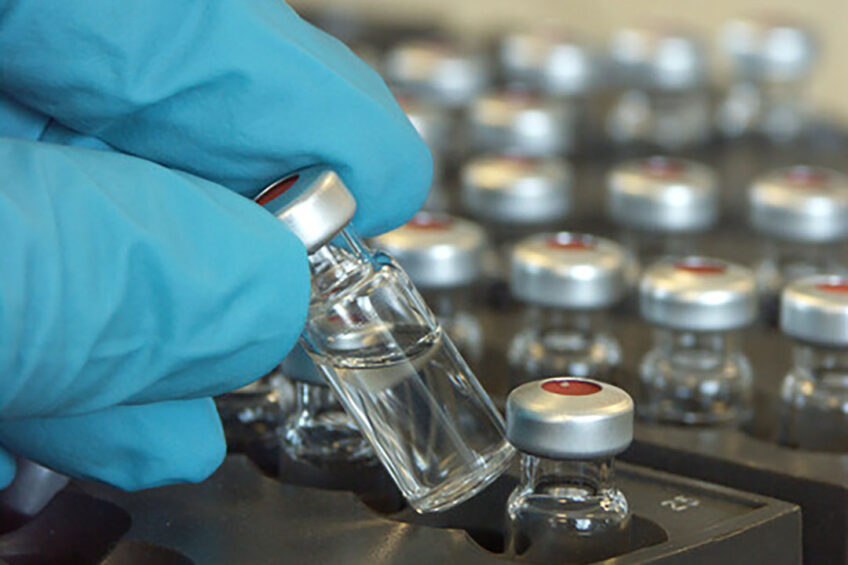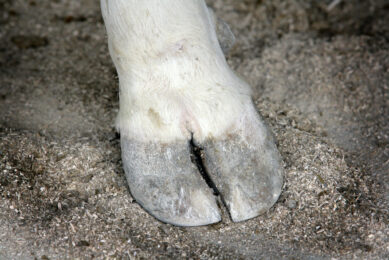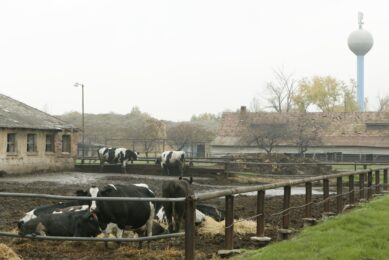ASF Russia: Progress claimed in vaccine development

Russia’s authorities have stated to be optimistic about the development of a vaccine against African Swine Fever (ASF). According to an official, the process has entered the stage of selecting the most promising option.
Maxim Uvaidov, deputy of the Russian ministry of agriculture, spoke to the Russian state magazine
Veterinary & Life
about the development.
Uvaidov said that Russian scientists now have to select a vaccine with the lowest “reactogenicity”, which refers to the property of a vaccine of being able to produce common adverse reactions, as well as the best immunobiological stability and protection against the virus.
ASF vaccine is needed
In November 2021, Russia’s deputy prime minister Victoria Abramchenko instructed the Russian Science and Education Ministry to start using the Russian ASF vaccine by 2024. At the time she said, “We expect a breakthrough from the science. Without an effective vaccine, it is impossible to handle ASF and protect the country from the risks of contamination of its territories and a production decline.”
Abramchenko also instructed the Russian veterinary watchdog Rosselhoznadzor and the Russian agricultural ministry “to create a system for responding to the risks of the spread of ASF at all levels and develop measures for permanent veterinary control.”
In the magazine Veterinary Medicine & Life, Uvaidov added, “Scientists have been working on a vaccine against ASF for decades. It is true that so far, no country has created an effective, safe solution that can prevent the disease.”
{Read also: Russia pork market braces for oversupply in 2022}
Wild boar vaccination
To take the situation under full control, it could be enough to use the vaccine on wild boar in Russia, Uvaidov said. “The ASF epizootiology looks different in each country, due to specific natural and economic conditions. However, wild boars most often play a huge role. If it were possible to carry out vaccination in the wild boar population, where there is no possibility to create additional biological protection of their habitat, then the ASF epizootic situation would become more stable.”
The wild boar vaccination could prevent ASF penetration to new territories, and in general, make the virus behaviour more predictable, he added.
ASF keeps being a pressing issue
ASF keeps shaping up the Russian pork market. In 2021, Rosselhoznadzor culled nearly 1 million head of pigs following major outbreaks in the European part of the country, the Russian Union of Pork Producers (RUPP) estimated.
The Russian ministry of agriculture said that the wide presence of ASF in Russia remained the primary factor why Russian pork was still not permitted on the major foreign sales markets, including China.











